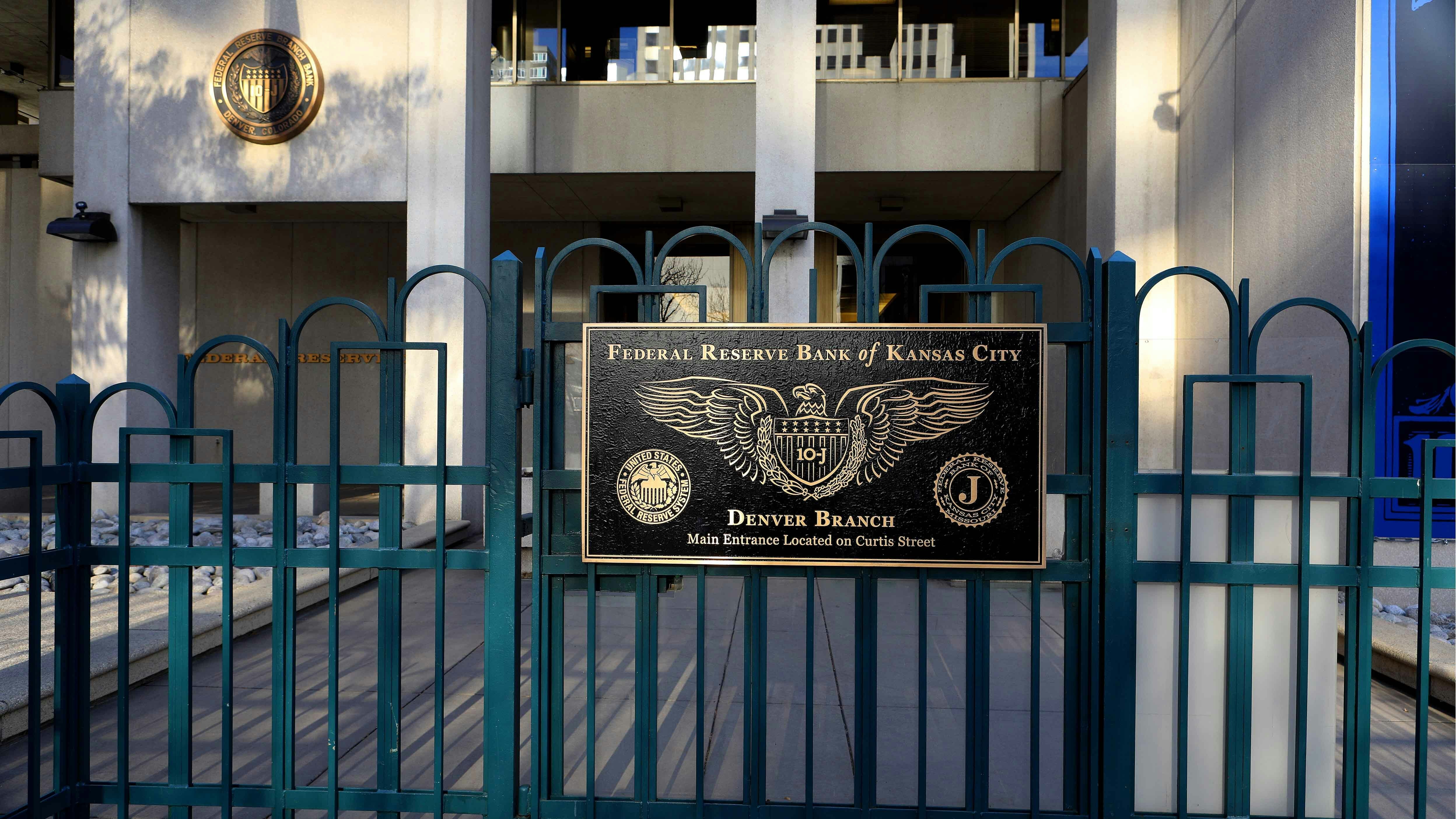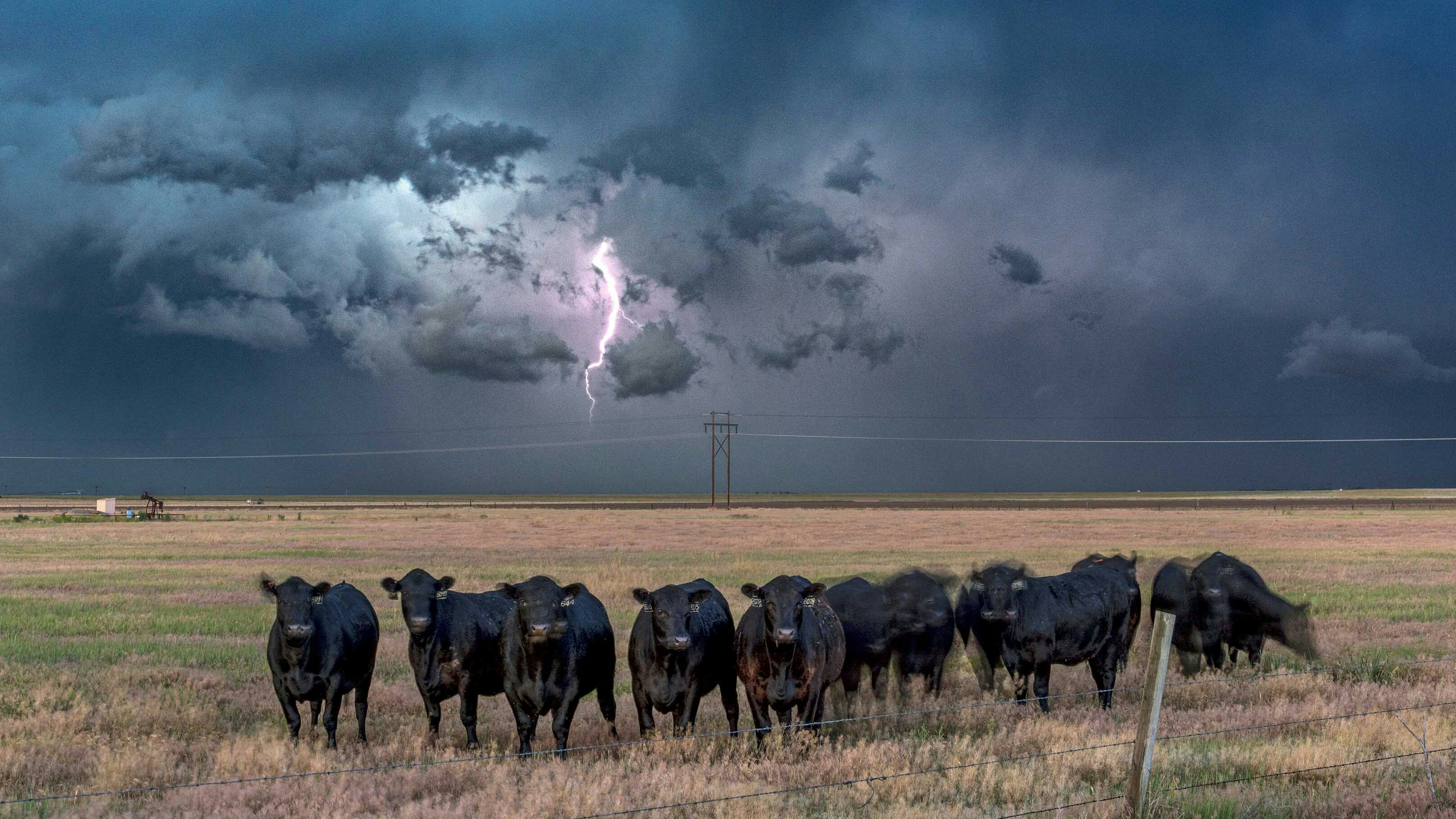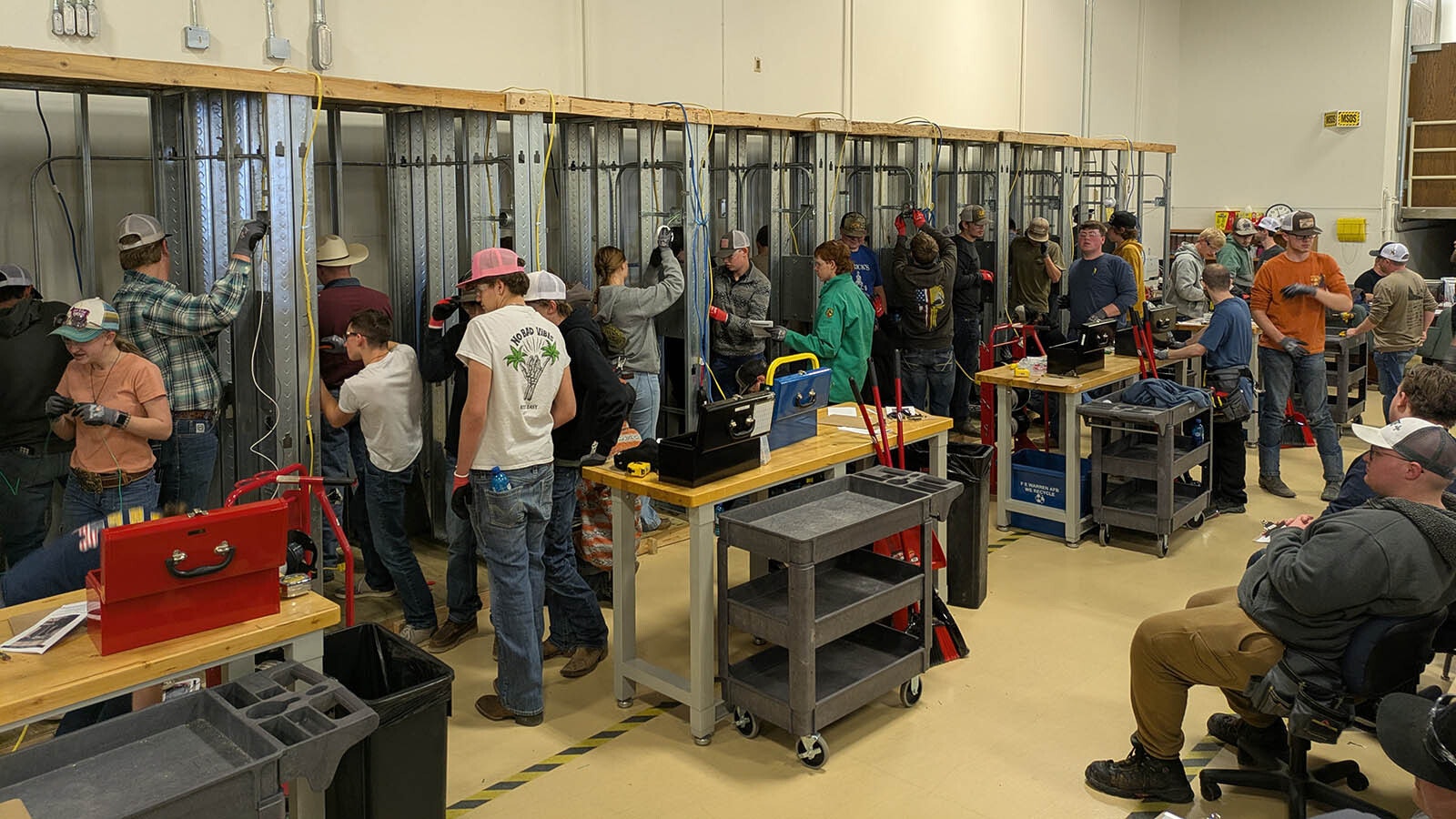Wyoming wants to intervene in Custodia Bank’s lawsuit against the U.S. Federal Reserve, as well as file its own complaint, in a precedent-setting case that’s already put the state’s digital banking laws on trial.
The motion and complaint, filed by Wyoming Attorney General Bridgett Hill, do not seek to take a position on whether Custodia Bank qualifies for a master account. They do say the Federal Reserve’s treatment of Custodia Bank has been “unlawful and discriminatory” and that the Fed’s analysis of the Wyoming digital bank “overlooked, ignored and disregarded” the state’s regulatory framework when it was considering Custodia Bank’s safety and soundness.
Hill urges the judge to declare the Fed’s analysis “deficient and defective insofar as it mischaracterizes Wyoming SPDI Bank statutes and regulations” and to declare that the inequitable treatment of Wyoming SPDI banks is unlawful.
“Wyoming’s SPDI Bank statutes and regulations are not high risk, but rather protective of the financial system, the safety and soundness of SPDI banks and potential SPDI customers,” Hill writes in the complaint. “The Kansas City Fed’s Summary Analysis has overlooked, ignored and disregarded the Wyoming SPDI bank regulatory framework in considering the safety and soundness of Plaintiff Custodia’s activities to provide safekeeping services for crypto assets and banking services to customers in the crypto-asset industry.”
Standing Up For State Rights
State rights are central to the Custodia Bank case, former lawmaker Tyler Lindholm told Cowboy State Daily. Lindholm was involved in efforts to write several of Wyoming’s digital asset laws when he was a state representative.
“This is 100% about the state’s right as a Legislature, and as an executive branch and all of those things, being able to do what’s best for its own state,” Lindholm said. “And in this situation, an economic driver — fully within their own rights to do so. The state is now standing up for itself.”
The outcome of the case is likely precedent setting, Lindholm added, and will be a “bellwether” on whether states have the right to charter their own banks, which they have already been doing for decades under existing case law.
“I think this really shows Governor (Mark) Gordon’s dedication to federalism and to state rights,” Lindholm added. “I mean, this isn’t just another lawsuit that all the state attorneys general pile on together over gun rights or something like that.
“Not that those aren’t important, but this is something very nuanced, and it’s nuanced for Wyoming and for state’s rights.”
The Federal Reserve has been attacking multiple industries over the past 20-30 years, Lindholm added.
“Everything from oil and gas to the gun industry, to all of these other ones,” Lindholm said. “This is as 10th Amendment as it gets for me, and I can’t highlight that enough.”
Custodia Bank also believes it is an important state’s rights issue.
“Custodia Bank supports Wyoming's intervention to ensure the principles of federalism and to protect the fundamental right of states to charter banks, which is almost as old as the United States itself,” said Nathan Miller, a spokesperson for Custodia Bank. “A federal veto over state bank chartering authority has never existed, nor does it exist today.”
Hours Of Work Ignored
Wyoming’s SPDI law was not a framework the Cowboy State developed solely on its own. The state wrote its digital bank laws hand-in-glove with the Kansas City Federal Reserve.
Cowboy State Daily has been told by those familiar with the law’s creation that this involved more than 100 meetings. Gordon, meanwhile, is a Federal Reserve insider having served on one of the boards for the Kansas City Federal Reserve.
When Custodia Bank first filed its application for a master account under Wyoming’s newly enacted SPDI law almost three years ago, it was initially told there were no “showstoppers.”
But somewhere along the way, something happened. No one is certain just what. The usual five- to seven-day period it takes to approve a master account from a state-chartered bank stretched into weeks, then months, and finally years.
In late 2022, Custodia Bank filed a lawsuit against the Federal Reserve, trying to force the federal agency to act on the digital bank’s application.
After a judge refused to dismiss the case against it, the Federal Reserve issued a notice that it was rejecting Custodia’s application.
That would have mooted the case, but Custodia Bank updated its complaint to include the rejection, contending that the Federal Reserve does not have the authority to reject a duly state-chartered bank, and that it should not treat one bank differently from another.
Unequal Treatment
Despite the Federal Reserve rejecting Custodia Bank’s application for a master account, it has greenlit BNY Mellon’s proposal to engage in many of the same activities, which Custodia Bank has highlighted in its court filings.
Wyoming’s attorney general also takes issue with this inequitable treatment in its motion to intervene and its proposed complaint.
“Defendants appear to have arbitrarily created a distinction between federally regulated and non-federally regulated banks, violating the principles of equality embedded in the national banking system,” Hill wrote.
But longstanding precedents in national law require the Federal Reserve to treat like institutions engaging in similar activities the same, Hill said.
“Instead, Defendants have arbitrarily allowed certain depository institutions with master accounts to provide safekeeping services for crypto assets and providing banking services to customers in the crypto-asset industry, while denying other depository institutions the ability to provide like services while maintaining master accounts,” Hill wrote. “Defendants must treat Wyoming SPDI banks equally, without regards to whether those banks are nationally chartered vs. state-chartered, Federal Reserve members vs. nonmembers, large vs. small banks or old vs. new banks.”
Chilling Effect
The Federal Reserve’s 86-page decision outlining its objections to Custodia Bank’s application was more than just a rejection of a particular Wyoming SPDI.
“Defendants through their analysis of the denial of original plaintiff’s application appear to have implicated the structure and state regulation of Wyoming’s SPDI banks,” Hill wrote. “Defendants’ explanation of its actions related to the original plaintiff demonstrate that Defendants are treating Wyoming-approved SPDI banks inequitably compared to member institutions.”
That’s had a chilling effect on other Wyoming SPDI’s, Hill added.
“The state of Wyoming would receive fees from SPDI bank applications and supervisory fees from those institutions that it is not currently receiving because SPDI banks are not currently providing services to the public while Defendants’ regulatory discrimination against Wyoming SPDI banks persists,” Hill’s complaint states.
Extra Safety Built Into Wyoming Law
The Federal Reserve’s stance in Custodia Bank’s rejection is puzzling, Hill added, given that Wyoming’s regulatory framework imposes similar capital requirements as the FDIC for SPDIs, or speedy banks. The state’s regulatory framework, written in consultation with the Kansas City Fed, also includes similar rules for knowing one’s customer to prevent money laundering and support of terrorism, along with a whole host of other rules that were crafted to work within existing law for banks.
Wyoming has even added in an extra layer of safety by requiring its digital banks be fully reserved so that bank runs would not be possible.
“Wyoming SPDI banks are not authorized to make on-balance sheet loans or rehypothecate digital assets under Wyoming law,” Hill wrote.
Wyoming’s Division of Banking also advises digital banks to anticipate initial capital requirements similar to any federally insured institution or other recently chartered bank and requires that they maintain capital ratios set out by the Federal Reserve and FDIC.
“Wyoming’s SPDI Bank regulations require that a SPDI Bank’s assets ‘are managed prudently, consistent with safe and sound baking practices, in a manner that addresses interest rate risk, including repricing, basis, yield curve and option risk, presents mismatching, and accounts for potential stress scenarios,” Hill wrote in the complaint.
Custodia Bank, meanwhile, went beyond the state’s 100% reserve requirement, pledging instead to reserve 108% of the value of its digital assets during the first three years to more than ensure it would have enough cash on hand to cover every deposit.
Uphold Wyoming SPDI Law
Hill urged the court to find that regardless of the validity or non-validity of Custodia Bank’s master account application that the Federal Reserve’s rejection should not be based on the structure of Wyoming’s SPDI bank system.
Wyoming further asks the court to declare that inequitable treatment of Wyoming banks is unlawful and discriminatory as it “imposes restrictions and requirements upon those banks that it does not impose on other banks seeking to provide like services.”
Related Coverage
Wyoming’s Custodia Digital Bank Fights David Vs. Goliath Battle With Federal Reserve
Wyoming Digital-Only Bank Sues Federal Reserve
Lindholm Says Wyoming Should Sue Federal Reserve Over Digital Bank Rejection
Tired Of Waiting For Feds To Act, Wyoming Making Its Own Digital Banking Rules





